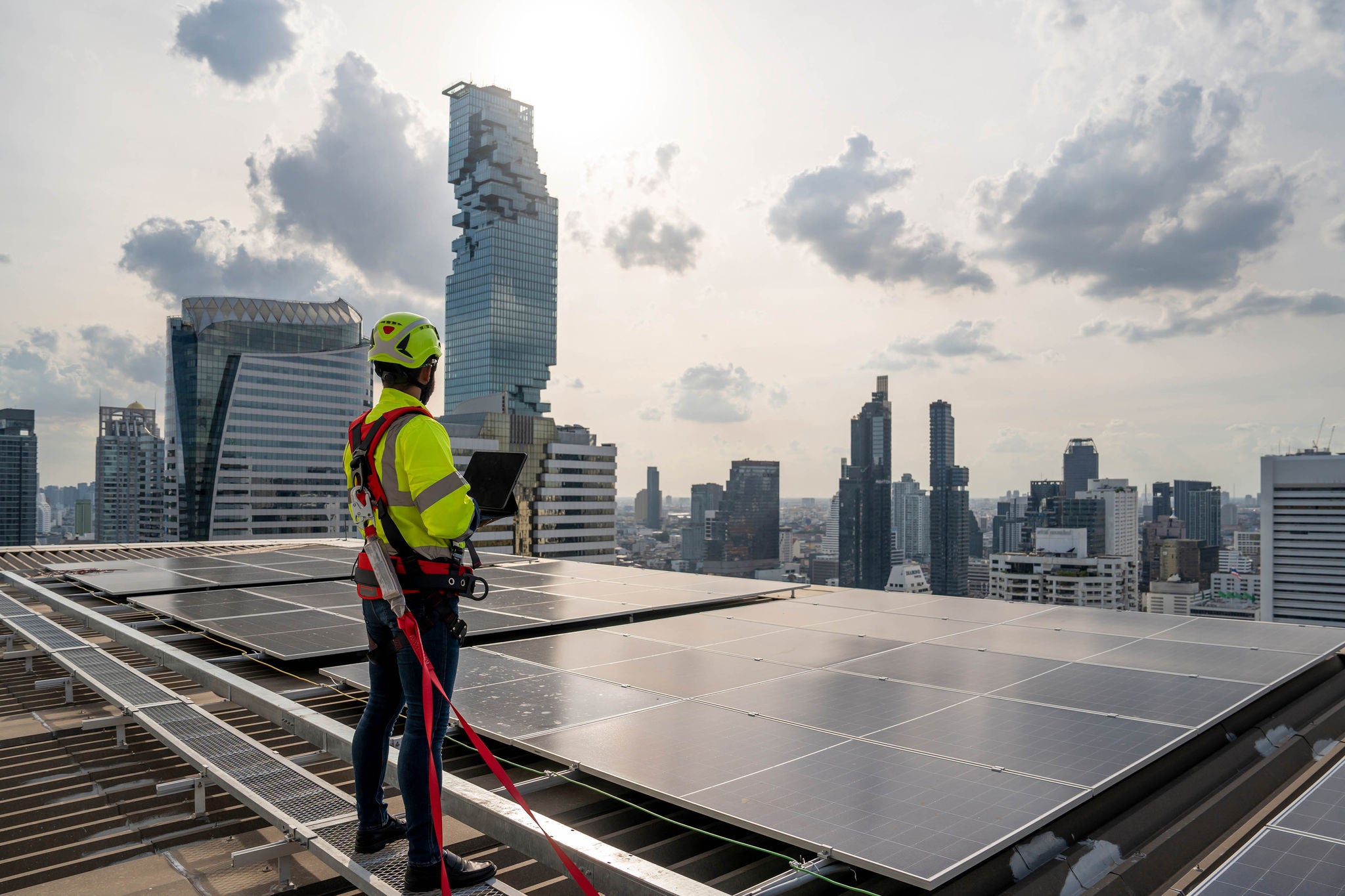At the top of the agenda, 50% of CEOs cite operational optimization and productivity gains — including digitalization — as the primary objective of an acquisition, mirroring the broader priority to enhance efficiency. This alignment underscores the growing view that M&A is not simply a route to scale, but a catalyst for accelerating operational modernization and embedding advanced technology capabilities more rapidly than organic investment.
Similarly, 45% of CEOs prioritize accelerating top-line growth through acquisitions, reflecting a desire to expand into new markets, strengthen competitive positioning, and capture demand adjacencies. This mirrors transformation programs that seek not just efficiency, but growth through innovation and portfolio evolution. Improving customer engagement and retention, reducing costs and enhancing product and process innovation also echo the broader transformation ambitions of reshaping customer experience, optimizing cost structures, and fostering innovation at scale.
What distinguishes M&A is the speed at which these outcomes can be realized. Organic transformation, while essential, often requires years of investment, cultural change, and technology deployment before measurable results materialize. By contrast, a well-targeted acquisition can deliver capabilities, talent, technology, and market access quickly — effectively pulling forward the benefits of transformation.
Whether it is acquiring an AI-native business to accelerate digital transformation, buying into a high-growth segment to boost revenue, or integrating a company with superior operational practices, M&A enables companies to compress timelines and overcome internal constraints.
However, realizing these advantages depends on integration intentionality from the earliest stages of the deal lifecycle — ensuring that value drivers are clearly articulated, rigorously tracked and actively managed from diligence through execution. Early focus allows efficiencies and synergies to be identified, measured, and captured, rather than assumed.
Moreover, acquisitions allow CEOs to import proven models rather than build them from scratch, reducing execution risk and enabling faster innovation, accelerated digitalization, and immediate synergies — offering a strategic shortcut to transformation when opportunity windows are narrow.
In this way, M&A becomes an extension of the transformation agenda: a tool to advance strategic priorities faster, more decisively, and with greater competitive impact.
CEOs are also increasingly turning to joint ventures and strategic alliances as complementary pathways to transformation. Survey data shows that 79% of CEOs plan to pursue such initiatives in 2026, up from 62% in 2025 — a sharp rise that underscores the appeal of partnerships in unlocking access to new capabilities. These collaborations offer a pragmatic route to accelerate innovation and share risk, enabling companies to advance strategic priorities without the full capital commitment of an acquisition. In this way, alliances and JVs are emerging as critical levers for speed, flexibility, and adaptability in an environment where transformation cannot wait.
Can cross-border M&A withstand geopolitical scrutiny?
Since 2016, cross-border M&A has steadily lost share as rising jurisdictional friction has reframed the strategic benefits of doing deals abroad. Geopolitics has become a central deal variable: US-China tensions, sanctions regimes and supply chain de-risking have made foreign acquirers more likely to face political resistance, longer timetables, and higher execution risk.








